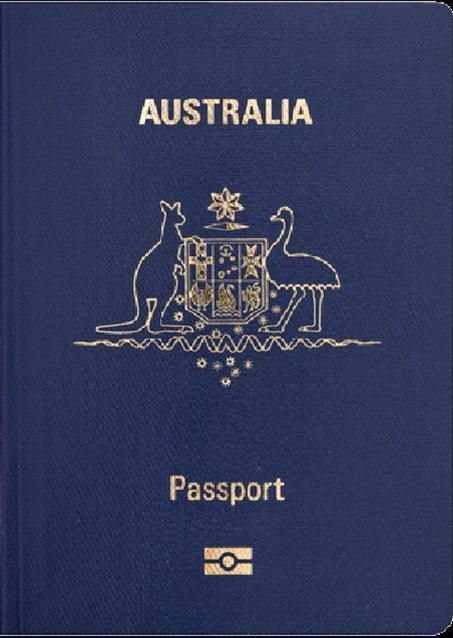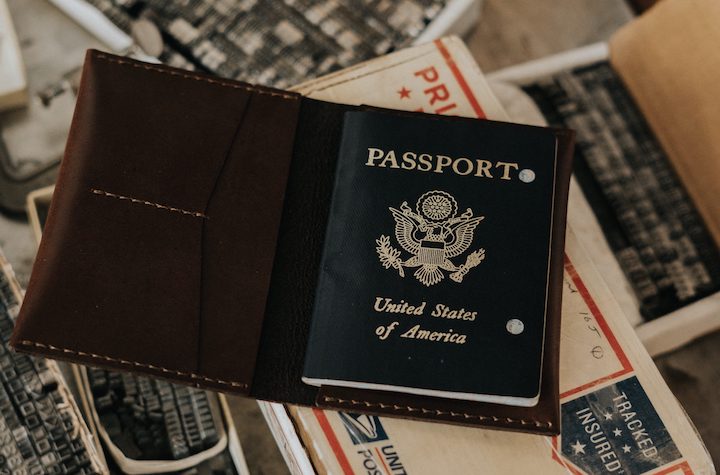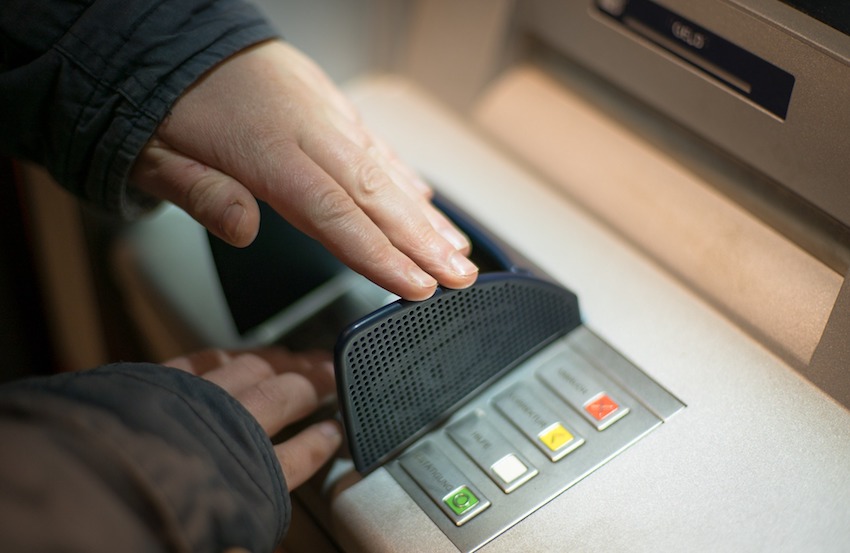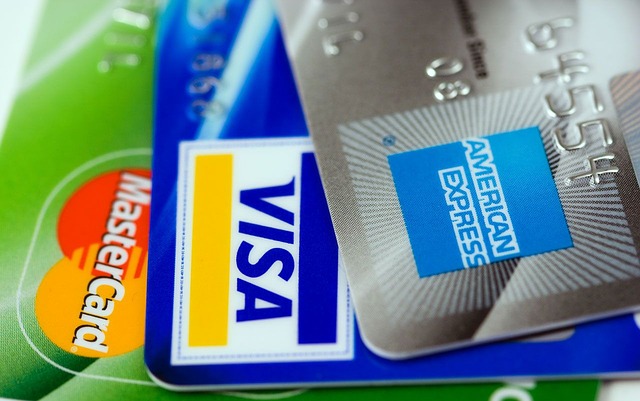What Passports, Visas and Vaccinations You'll Need
Passports, visas and vaccinations in Europe are three things you must prepare for before you leave.
While are lot of things can be organised when you get to Europe, these are things you have to plan ahead so you don't get stuck, or sick!
Before you head to Europe, learn about:
- Using an Australian Passport to travel to Europe
- Do Australians need a visa to travel to Europe?
- Do Australians need any vaccinations to visit Europe?
- Using other passports.
Using an Australian passport to travel to Europe
Having an Australian passport makes it pretty easy to travel to Europe. There are a few things you still need to keep in mind though:
- Make sure your passport is valid for at least six months from the date you intend to return to Australia.
- Make sure you get a legible entry stamp in your passport when you enter the Schengen area for the first time. Once you've entered, there are no restrictions to travel between other countries that are part of the agreement.
- If your passport is lost or stolen, you must notify the Australian Government as soon as possible.
How do you apply for an Australian Passport?
You can obtain an Australian Passport Application Form from the Australian Passports website or from your local Australia Post Office. Or, if you have a current passport or one that has expired in the last two years, you can simply renew it online.
How long does it take?
It usually takes up to 10 business days to be processed. If you are in a hurry, you can use the Priority Processing Service which can usually speed this up to two business days from when they receive the relevant documents.
If you’re having passport issues and you're currently in Australia, it's best to contact the Australian Passport Information Service. And if you’re overseas, contact your nearest Australian Embassy, High Commission or Consulate

Do Australians need a visa to visit Europe?

- Australian citizens holding an ordinary passport, do not need a visa for stays up to 90 days, (in any 180-day period) for all Schengen states.
- If you leave the Schengen area and return within the same 180-day period, the previous stay will count towards the 90 day maximum.
- Some non-Schengen countries also allow visa-free tourism thanks to bilateral visa waiver agreements with Australia but other European countries require Australians to apply for a visa (ie. Russia, Ukraine and Belarus).
Do Australians need vaccinations to visit Europe?
The short answer is no.
Having said that though, whenever you're going travelling you should make sure you're up to date with routine vaccinations.
For example, the CDC recommend that if you're travelling to Europe to be up to date with your flu, tetanus and measles vaccines. But at the end of the day, we're not doctors. If you have any concerns it's best to consult your GP.

Travelling to Europe using a different passport
Visa Waiver Countries:
There are different rules for entering the Schengen region in Europe, citizens that don't require a visa and those that do all have time limits on the amount of time they can spend in the region. You cannot exceed 90 days in any 180 day period. This allows for tourists, additional visas may be required if you intend to work or volunteer in your time there.
Here is some information if you find you do need to apply for a visa in Europe:
Citizens of these countries are required to obtain a Schengen visa in order to enter one of its member countries.
Click here to find out more about the Schengen Visa application.
Every Schengen member country has its own requirements regarding the documents needed to obtain the certain type of visa.
You can apply for the visa up to 12 weeks before you travel.
Make sure you have all relevant documents with you to complete the application process. And give yourself plenty of time before your intended travel date in case you run into any issues.





